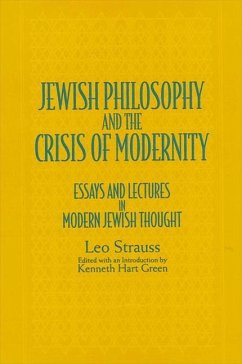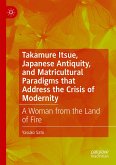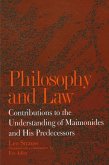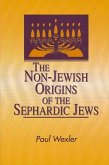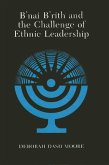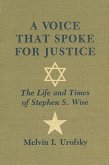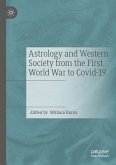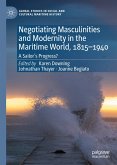This is the first book to bring together the major essays and lectures of Leo Strauss in the field of modern Jewish thought. It contains some of his most famous published writings, as well as significant writings which were previously unpublished. Spanning almost 30 years of continuously deepening reflection, the book presents the full range of Strauss's contributions as a modern Jewish thinker.
These essays and lectures also offer Strauss's mature considerations of some of the great figures in modern Jewish thought, such as Baruch Spinoza, Hermann Cohen, Franz Rosenzweig, Martin Buber, Theodor Herzl, and Sigmund Freud. They also encompass his incisive analyses and original explorations of modern Judaism (which he viewed as caught in the grip of the "theological-political crisis"): from German Jewry, anti-Semitism, and the Holocaust to Zionism and the State of Israel; from the question of assimilation to the meaning and value of Jewish history. In addition Strauss's two sustained interpretations of the Hebrew Bible are also reprinted.
These essays and lectures cumulatively point toward the "postcritical" reconstruction of Judaism which Strauss envisioned, suggesting it rebuild along Maimonidean lines. Thus, the book lends credence to the view that Strauss was able to uncover and probe the crisis at the heart of modern Jewish thought and history, perhaps with greater profundity than any other contemporary Jewish thinker.
These essays and lectures also offer Strauss's mature considerations of some of the great figures in modern Jewish thought, such as Baruch Spinoza, Hermann Cohen, Franz Rosenzweig, Martin Buber, Theodor Herzl, and Sigmund Freud. They also encompass his incisive analyses and original explorations of modern Judaism (which he viewed as caught in the grip of the "theological-political crisis"): from German Jewry, anti-Semitism, and the Holocaust to Zionism and the State of Israel; from the question of assimilation to the meaning and value of Jewish history. In addition Strauss's two sustained interpretations of the Hebrew Bible are also reprinted.
These essays and lectures cumulatively point toward the "postcritical" reconstruction of Judaism which Strauss envisioned, suggesting it rebuild along Maimonidean lines. Thus, the book lends credence to the view that Strauss was able to uncover and probe the crisis at the heart of modern Jewish thought and history, perhaps with greater profundity than any other contemporary Jewish thinker.
Dieser Download kann aus rechtlichen Gründen nur mit Rechnungsadresse in A, D ausgeliefert werden.

